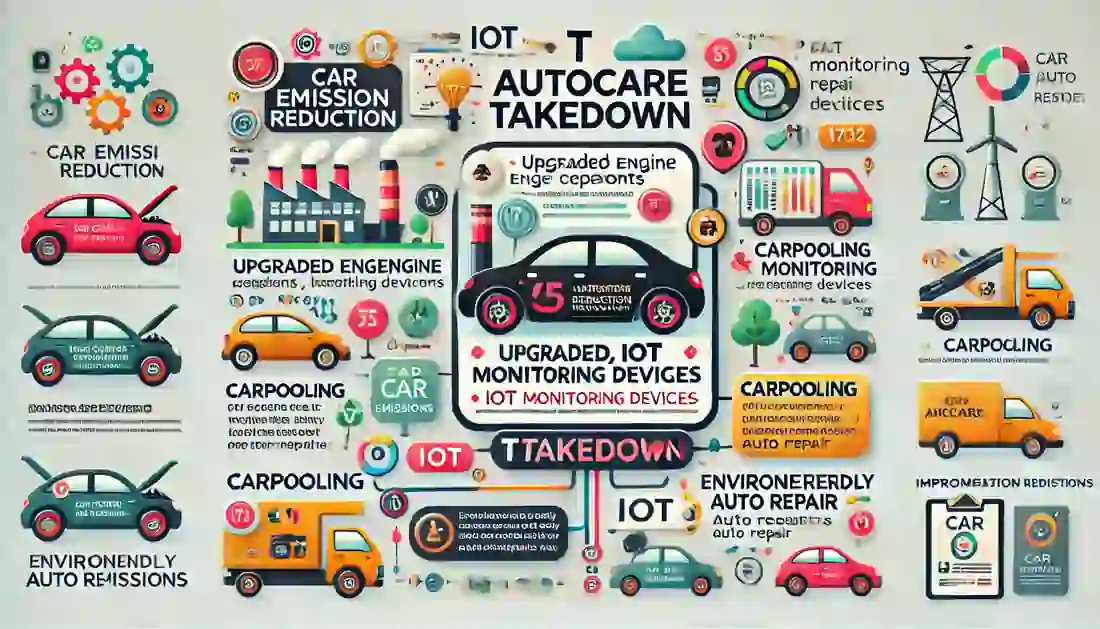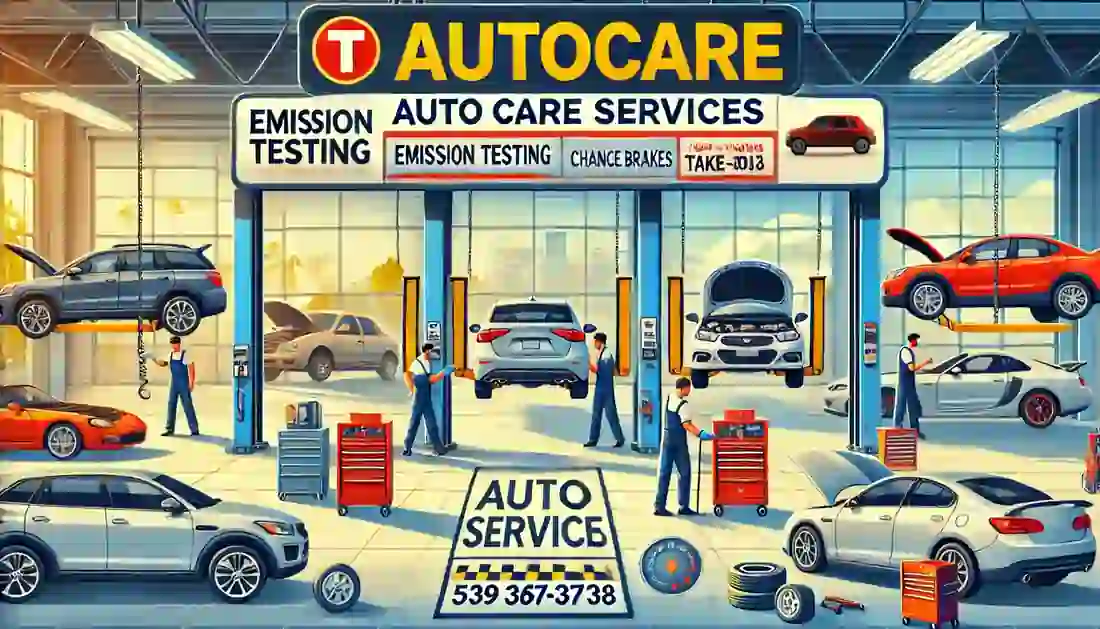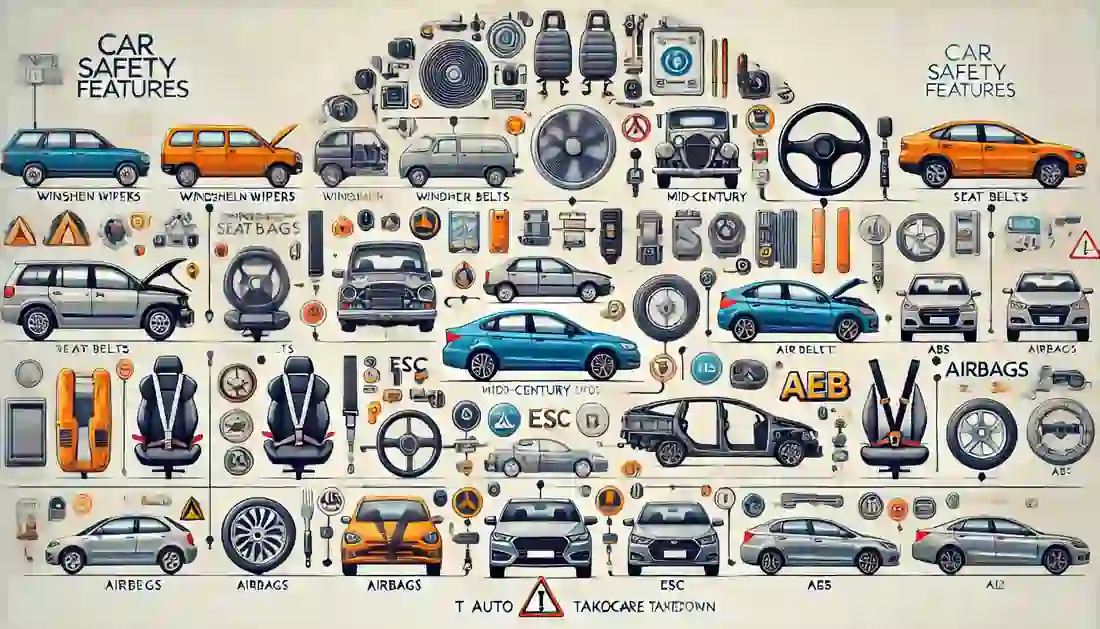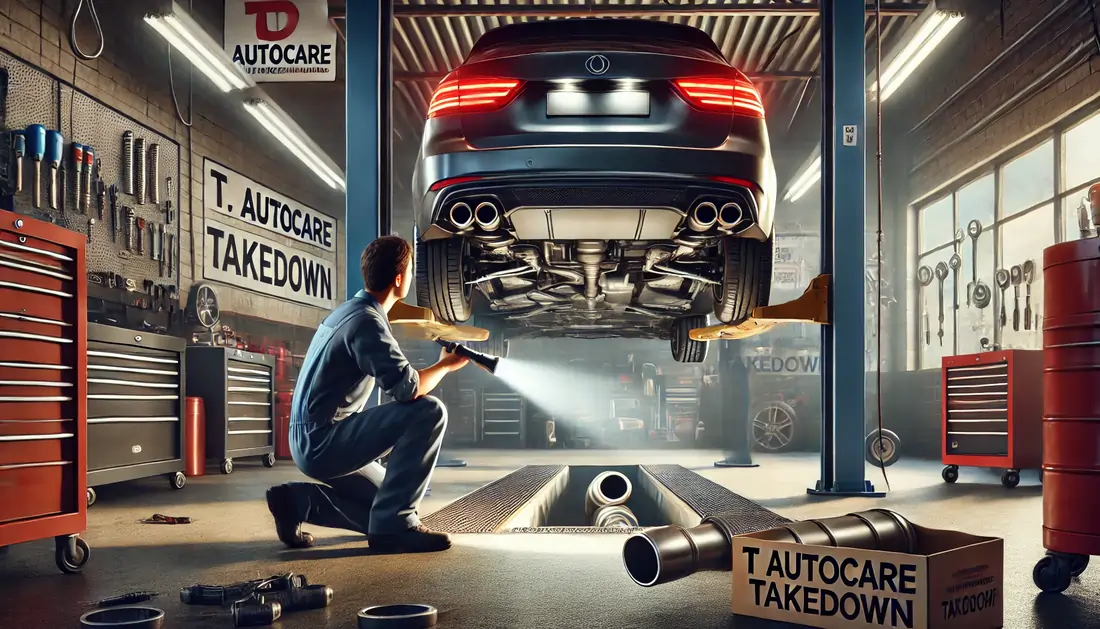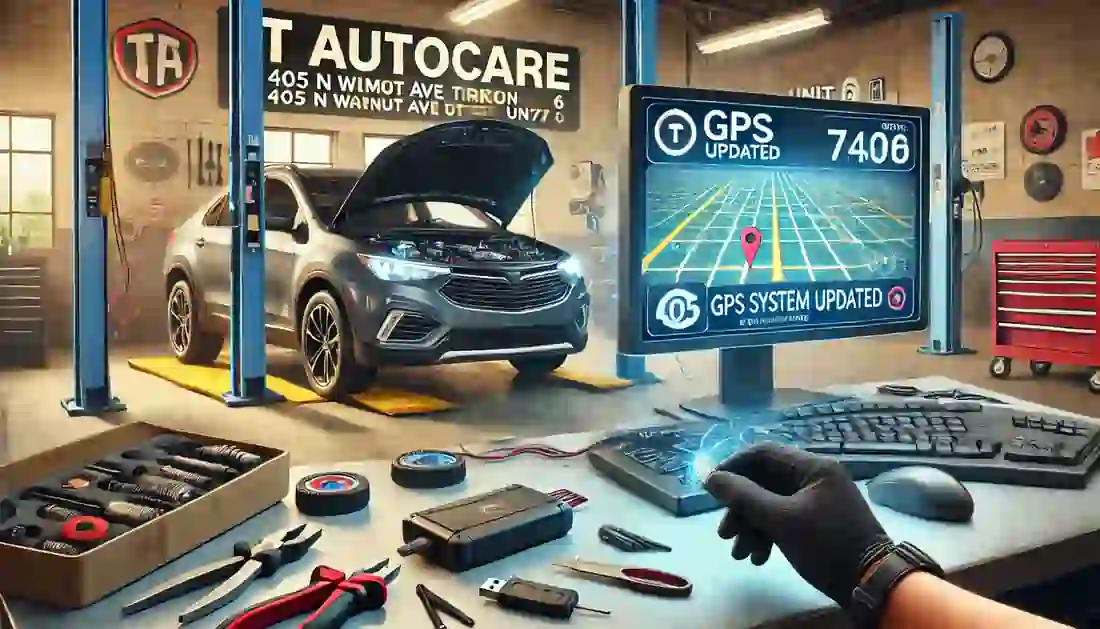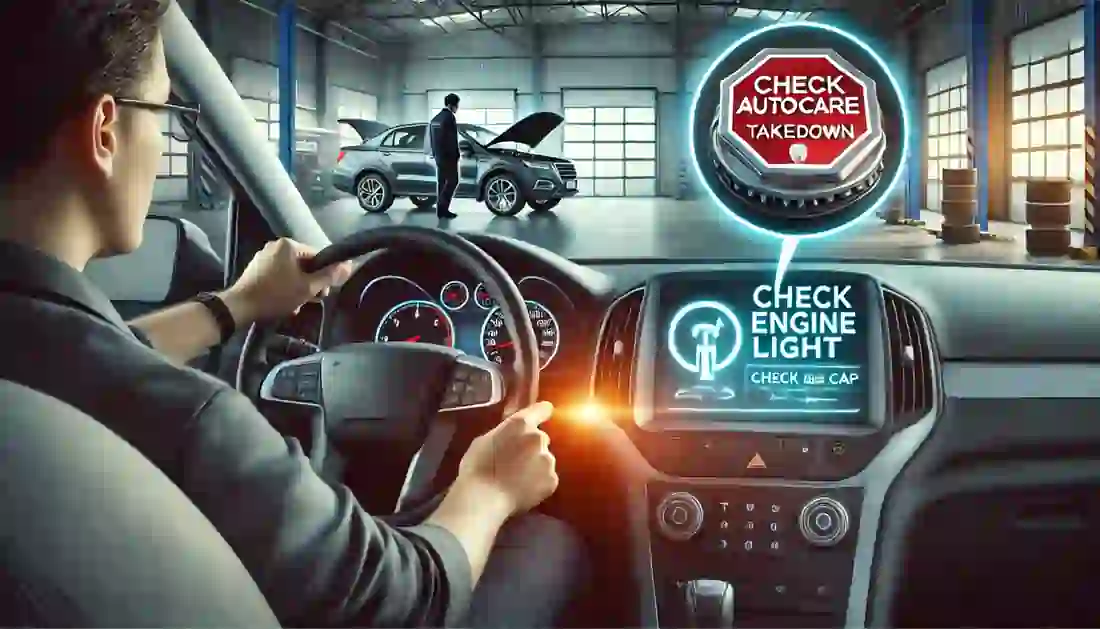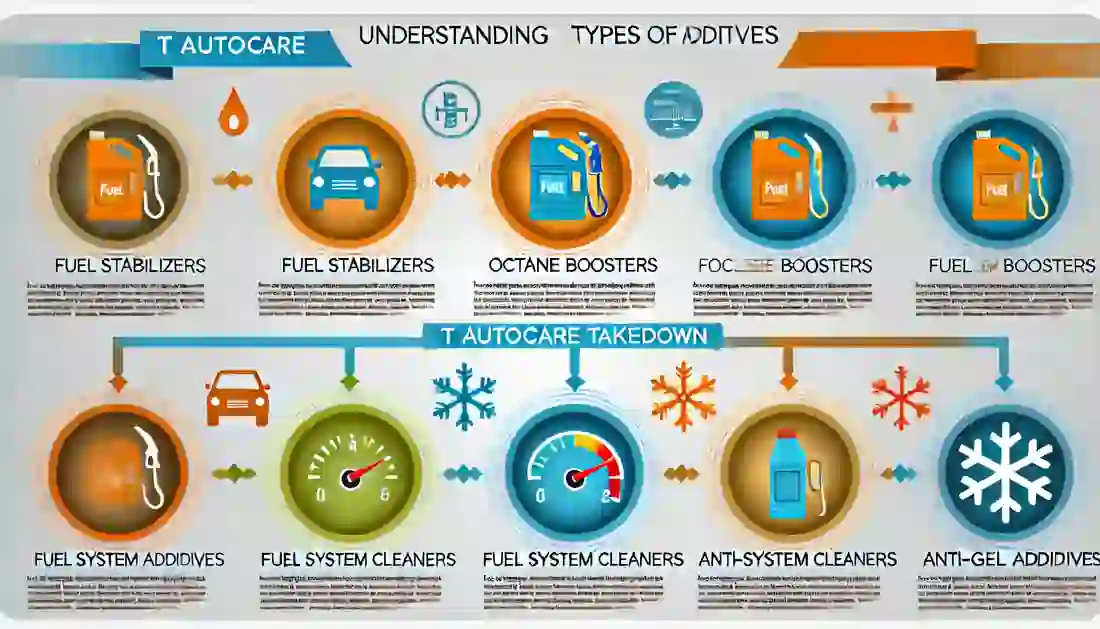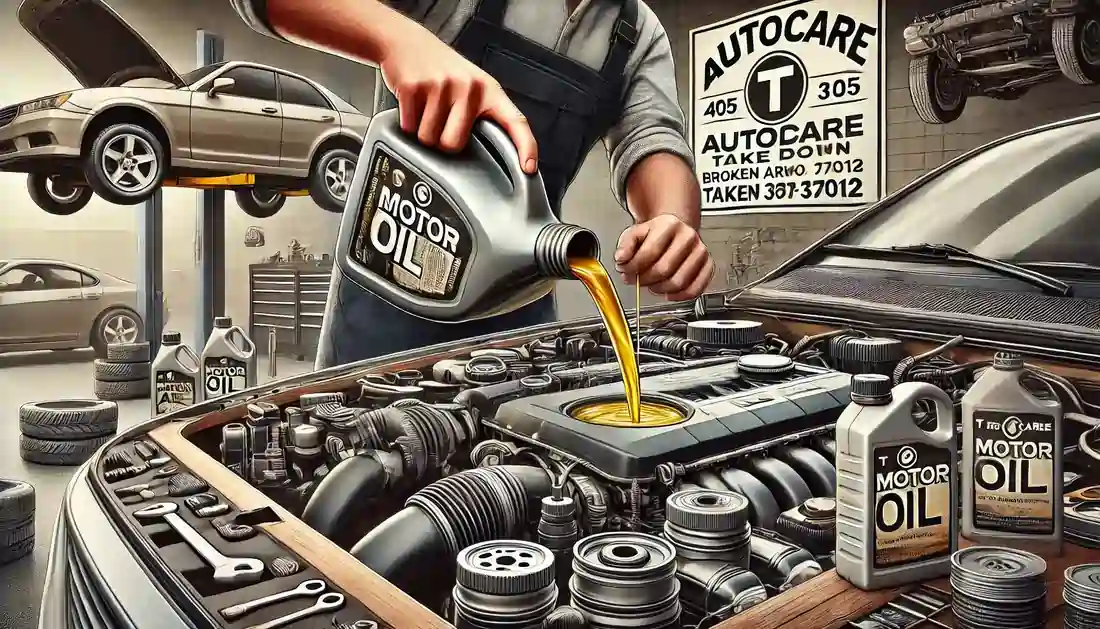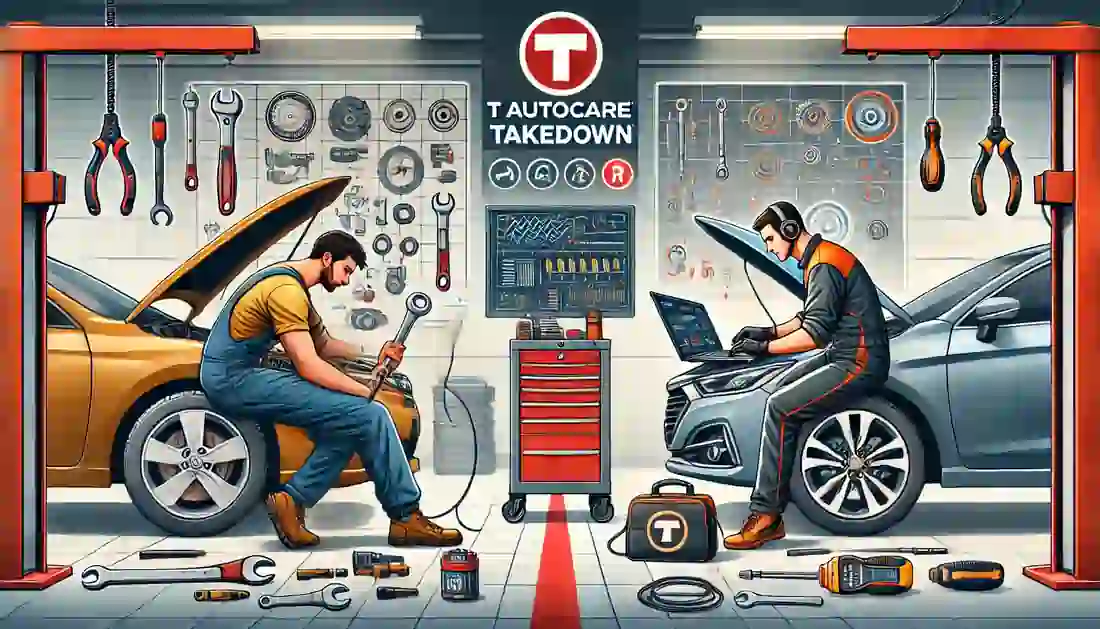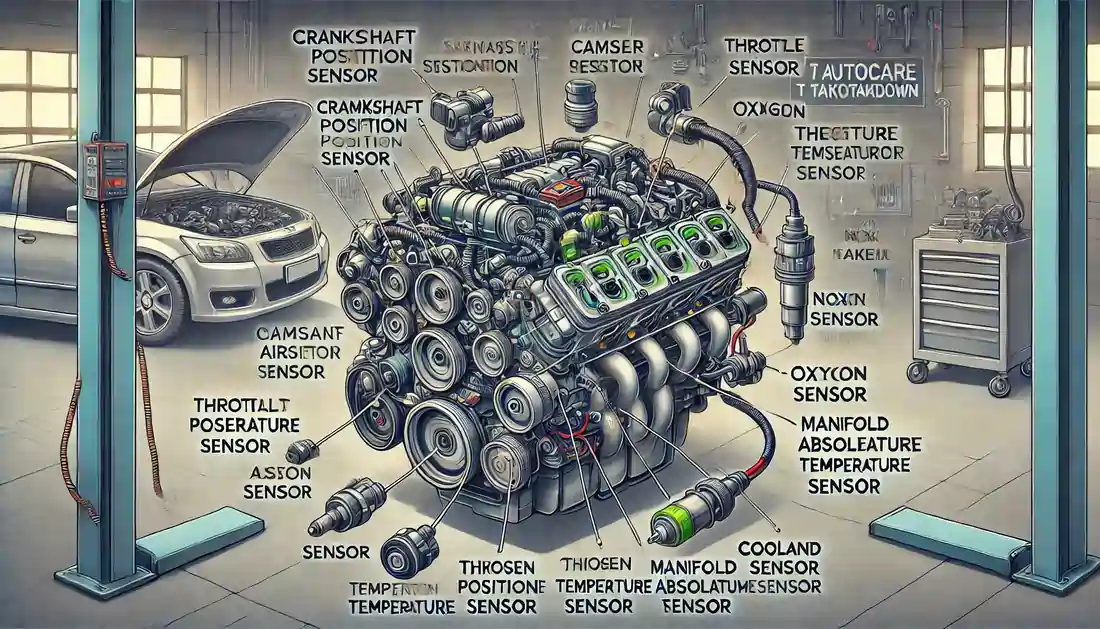Catalytic converters are essential components in modern vehicles, playing a critical role in reducing harmful emissions and protecting the environment.
At T Autocare Takedown, we understand the importance of catalytic converters and their maintenance. Here’s a comprehensive guide on their role in emission control, including some unique insights to enhance your understanding.
Catalytic converters reduce harmful emissions from vehicle exhausts, including nitrogen oxides (NOx), carbon monoxide (CO), and hydrocarbons (HC). These devices are crucial for meeting emission regulations and improving air quality. By converting toxic pollutants into less harmful substances, catalytic converters help protect human health and the environment.
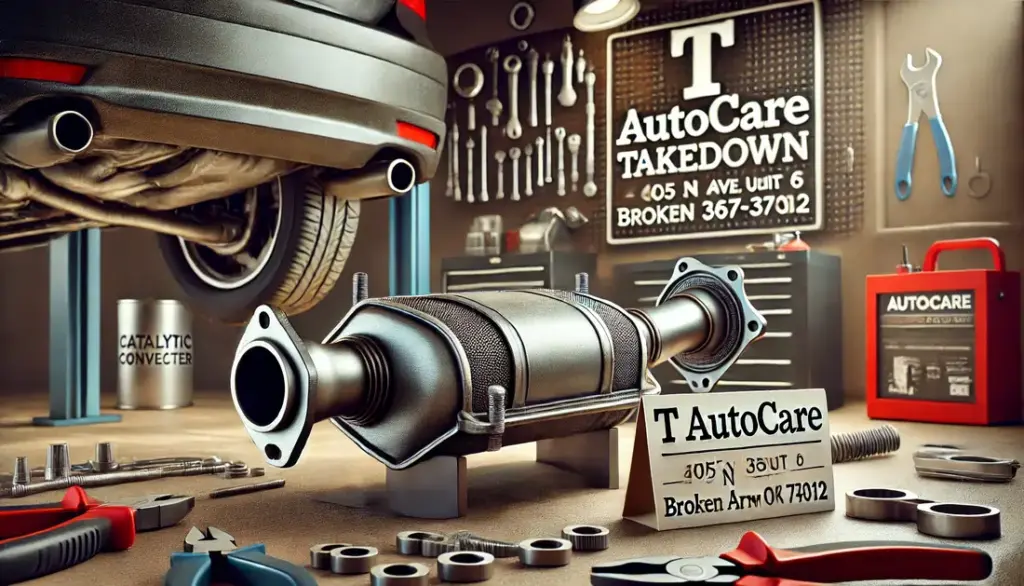
How Catalytic Converters Work
- Basic Functionality
Catalytic converters use a catalyst, typically made from precious metals like platinum, palladium, and rhodium, to initiate chemical reactions that convert harmful gases into safer ones. Most modern cars use three-way catalytic converters, which reduce NOx, CO, and HC simultaneously through oxidation and reduction reactions. - Components and Structure
The core of a catalytic converter is usually made of a ceramic honeycomb structure, which maximizes the surface area for reactions. The core is coated with a catalyst material that facilitates the conversion of pollutants.
Emission Control Benefits
- Reduction of Harmful Emissions
Catalytic converters reduce nitrogen oxides, which are major contributors to smog and acid rain. They also convert carbon monoxide into carbon dioxide and hydrocarbons into water and carbon dioxide, significantly lowering the emission of these pollutants. - Impact on Air Quality
By reducing emissions, catalytic converters help improve air quality, making environments healthier for communities and ecosystems. Reduced emissions lead to fewer respiratory and cardiovascular problems among the population.
Technological Advancements
Improved Catalyst Materials
Advances in nanotechnology have led to more efficient catalysts that require less precious metal content while maintaining performance. Modern catalytic converters are designed to withstand higher temperatures and resist contamination better than earlier models.
Integration with Hybrid and Electric Vehicles
Even hybrid and some electric vehicles incorporate catalytic converters to manage emissions when the internal combustion engine is used. Onboard diagnostics (OBD) systems in modern vehicles continuously monitor catalytic converter performance, ensuring they function effectively throughout the vehicle’s lifespan.
Maintenance and Longevity
Regular Inspections
Routine inspections can identify physical damage, clogging, or contamination of the catalytic converter, allowing for timely repairs or replacements. Using diagnostics tools, mechanics can assess the efficiency of the catalytic converter and recommend maintenance actions.
Handling Contamination
Using the correct engine oil, maintaining proper engine tune-ups, and addressing leaks promptly can prevent contamination and extend the life of the catalytic converter. If you’re unsure about the signs you need a tune up, learning more can help keep your engine and catalytic converter in top shape. Some modern converters are designed to undergo regeneration cycles, burning off contaminants and restoring catalytic activity.
Conclusion: The Vital Role of Catalytic Converters
Catalytic converters are indispensable for controlling vehicle emissions and protecting environmental and human health. Regular maintenance and proper care are essential to ensure their optimal performance. At T Autocare Takedown, our expert auto mechanics are equipped to handle all aspects of catalytic converter maintenance and replacement.
Contact Us:
- Address: 1501 W Detroit St, Broken Arrow, OK 74012
- Phone: (539) 367-3738
- Website: T Autocare Takedown
By prioritizing the health of your catalytic converter, you contribute to a cleaner, more sustainable environment. Trust our experienced team for all your auto repair and maintenance needs.
Useful Links on Catalytic Converters:
- Britannica: Catalytic Converter | Emissions Control, Pollution Reduction & Automotive Technology
- Accurate Auto: Catalytic Converters: The Key To Cleaner Emissions And Environmental Responsibility
- gaugemagazine – How Catalytic Converters Protect the Environment

